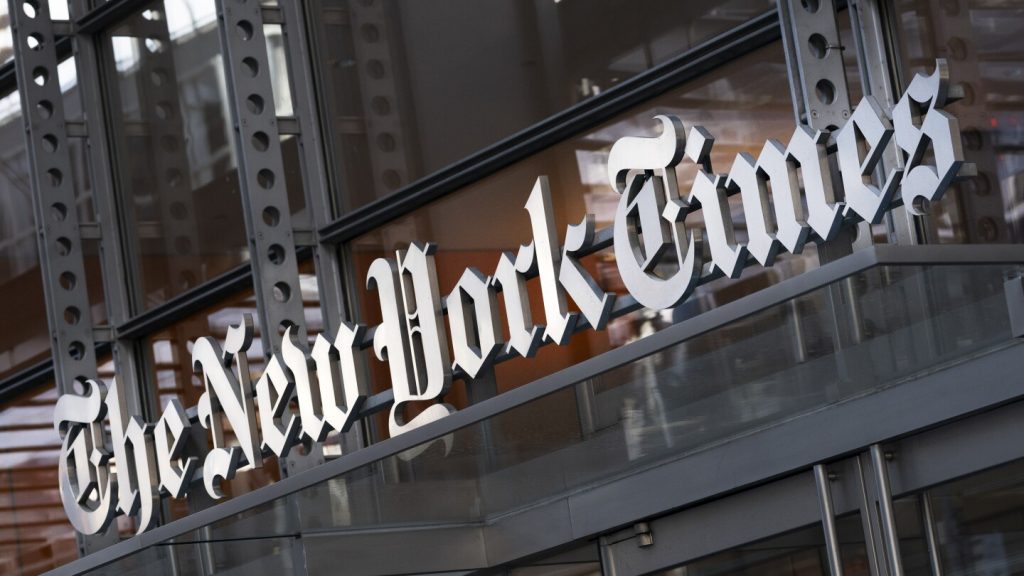NBC News, The New York Times, and NPR have all recently experienced internal turmoil as journalists within these organizations have turned their critical gaze inwards towards their own employers. This trend of whistleblowing is not unique to the journalism industry, but is more prevalent due to the nature of journalists as anti-authoritarian truth-seekers. The recent incidents at these organizations reflect a larger generational shift in how journalists view activism and their role in holding power to account.
Journalists, by nature, are inclined to critique and push back against authority, which is evident in recent events at NBC and NPR. A decision by NBC to hire a political contributor sparked protests by some of the network’s most prominent personalities, demonstrating the power of internal dissent. Similarly, an NPR editor spoke out against what he perceived as a one-sided promotion of liberal viewpoints within the organization, leading to his resignation and hero status among conservatives. These incidents are part of a long history of internal protests within journalism, dating back to the 1970s and earlier.
The changing landscape of journalism, marked by a lack of diversity in newsrooms and a shift towards advocacy by younger generation journalists, has contributed to a rise in public complaints against media organizations. The Trump administration and the Black Lives Matter movement have also played a role in galvanizing journalists to challenge traditional notions of objectivity and express their opinions more openly. This cultural shift has led to conflicts between traditionalists and advocates of objectivity, as seen in the retirement of former Washington Post editor Marty Baron.
The New York Times has been particularly affected by internal dissent, with staff members speaking out against the organization’s coverage of various issues. A recent internal investigation into a leak of material related to a podcast on the war in Gaza sparked controversy within the newsroom, highlighting tensions between management and staff. While management viewed the leak as a breach of trust, some staff members saw it as a normal part of journalistic practice. The public’s growing interest in media coverage and transparency has fueled the demand for stories about internal turmoil within news organizations.
Overall, the recent incidents at NBC, The New York Times, and NPR reflect a broader trend of journalists challenging their employers and advocating for change within the industry. The evolution of journalism culture, combined with societal shifts and recent high-profile events, has emboldened journalists to speak out against perceived injustices and push for greater transparency and accountability within media organizations. As these issues continue to unfold, the public’s interest in media coverage and the role of journalists in shaping the news will likely remain a key topic of discussion.


